Content from the Brookings Institution India Center is now archived. After seven years of an impactful partnership, as of September 11, 2020, Brookings India is now the Centre for Social and Economic Progress, an independent public policy institution based in India.
Political compulsions ensured that the process was done slowly, steadily and stealthily
Indian newspapers have carried a series of interesting recollections by bureaucrats and technocrats of their involvement in the economic reform programme of 1991. None talked about the energy sector and, in particular, petroleum. This was understandable as their focus was on the macroeconomy. Sectoral changes were, however, under consideration and within the interstices of officialdom, there was growing recognition of the inefficiencies of a state- controlled, public sector dominated energy sector. The bureaucrats’ dilemma was how to resolve the seemingly conflictual dynamics of the market and competitive forces on the one hand and political concerns on the other. A review of their efforts to manage this dilemma over the next 25 years provides an insight into the influence of interest groups in determining the pace and direction of policy change and, more generally, the challenge of balancing good economics with prudent politics.
The Berlin Wall collapsed in 1989 and that weakened somewhat the ideological prejudice towards the market and the private sector. Up to this event, most politicians and bureaucrats had espoused the Nehruvian view, at least in public, that energy was part of the commanding heights of the economy and that its custodianship should be entrusted only to the 100 per cent state-owned enterprises — ONGC/OIL (exploration and production of oil/gas), IOC, BPCL and HPCL (refining and marketing of petroleum products) and Coal India (extraction of coal). They had been supportive of the nationalisation of the private companies and were votaries of the administered cost plus pricing system that assured these public sector companies a fixed 12-15 per cent post-tax return on capital employed and protection from market pressures and competition. They had a vested interest in the status quo.
Post 1989, and following the then Finance Minister Manmohan Singh’s invocation of Victor Hugo on July 24, 1991 “no power on earth can hold back an idea whose time has come” to herald the dismantlement of the licence raj and state dirigisme, the petroleum ministry mandarins acknowledged that the time had come to reorder the petroleum sector. The inefficiencies of the existing system had by then become evident. Production (ex Mumbai High) of oil/gas and coal was on a downward trend; the public distribution system for subsidised kerosene and LPG had become a sieve for black marketing and the administered price differential between naphtha, petrol, diesel and kerosene had created incentives for distributors and dealers to adulterate transportation fuels.
The government set up the “R” (reforms) group in 1995 under the chairmanship of the then petroleum secretary Vijay Kelkar to recommend measures for creating a world-class petroleum industry. The hidden text in their terms of reference was to offer a way ahead that did not upset the political applecart. The committee proposed a phased “soft landing”. In the first phase they recommended the liberalisation of those segments of the petroleum value chain that did not interface with the public. Thus, they suggested that refining be opened up to private investment and that the price of intermediate products like naphtha, aviation fuel and bitumen be determined by the market. On the other hand, they suggested that the politically sensitive segments like the marketing of petrol and diesel and the pricing of kerosene and LPG be deregulated in incremental steps over four years. Their generic recommendation was that the petroleum sector should be fully unshackled from administrative oversight over this period. The cabinet approved these proposals in 1998 and a gazette notification pronounced that the sector would be deemed fully deregulated on April 1, 2002. Furthermore, they placed HPCL and IBP on the list for disinvestment.
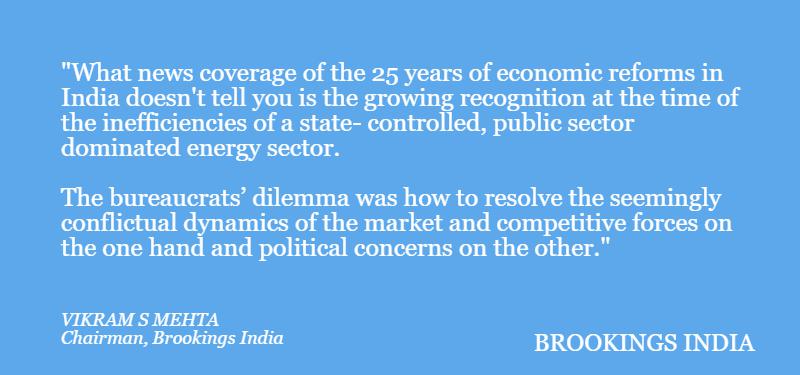
The government knew that the current system and structure was generating huge avoidable costs. But they could not convert their intent into action. The blocker was the combined clout of vested interests and lack of political will. The first casualty was disinvestment. The labour unions were opposed to this idea and they successfully lobbied to stall the sale of IBP and HPCL. As the IBP bid process had already formally commenced, the government twisted IOC’s corporate arm to “bid” an irrationally high price that was almost twice that of the next highest contender. In consequence, IBP (a 100 per cent government company) came to be folded into IOC (another 100 per cent government company). The HPCL case was not quite so blatant. Its legality was challenged and the process was stayed. The next casualty was free market pricing. Politicians, nervous about asking the consumer to bear the burden of rising international oil prices, persuaded the government to reimpose administrative pricing and the companies to bear the consequential subsidy burden. All petroleum companies had, by then, got listed on the stock exchange. (Surprisingly, no one challenged the management to explain the lackadaisical performance of the share price of these companies in a bull market.) Interestingly, the government did not revoke the gazette notification. And so from April 1, 2002 to recently, the industry operated in the netherworld of de jure free market but de facto administrative control.
Petroleum sector reform offers an insight into the compromises and unpredictabilities of managing economic change in a democratic polity. Looking ahead, the government should reflect on the questions. What will it do if the price of oil moves beyond its comfort zone? Will it revert to the status quo ante of administrative pricing? And if they do stay the course of deregulation, how will the government manage its political concerns?
This article first appeared in Indian Express on 1 August 2016. Like other products of the Brookings Institution India Center, this report is intended to contribute to discussion and stimulate debate on important issues. The views are of the discussant(s), contributor(s) or author(s). Brookings India does not have any institutional views.
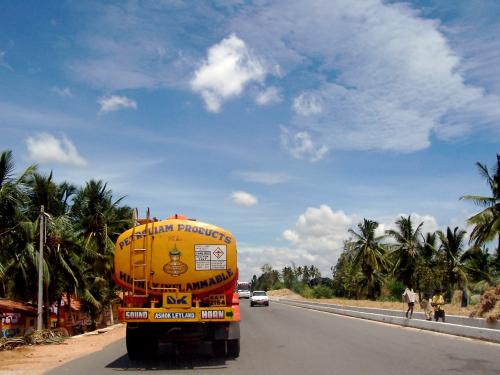
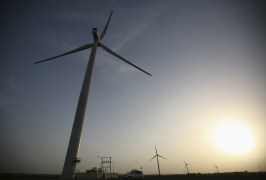

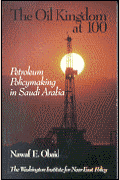
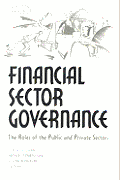
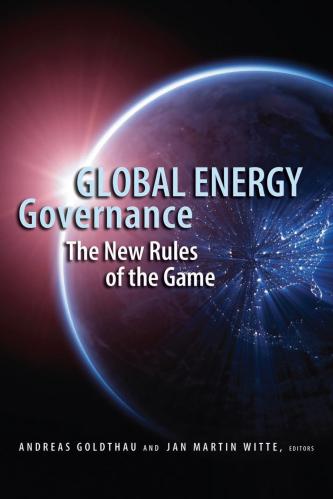


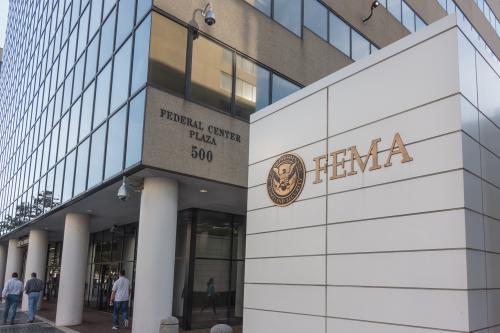

Commentary
Op-edHow India reformed its petroleum sector
Indian Express
August 1, 2016